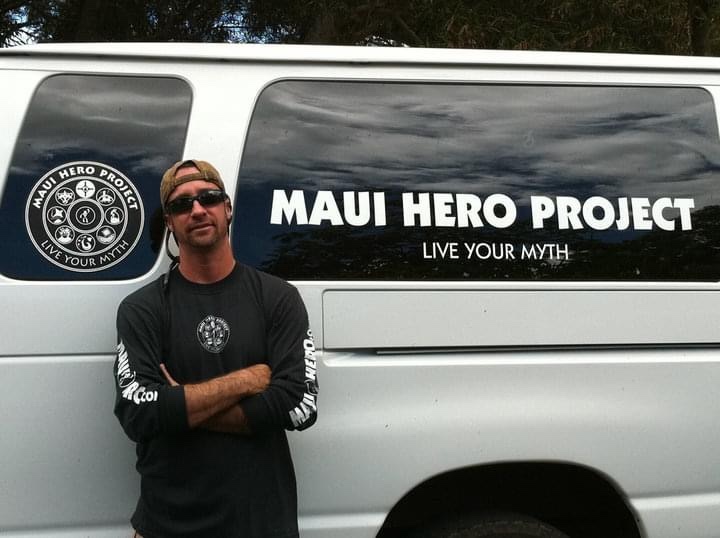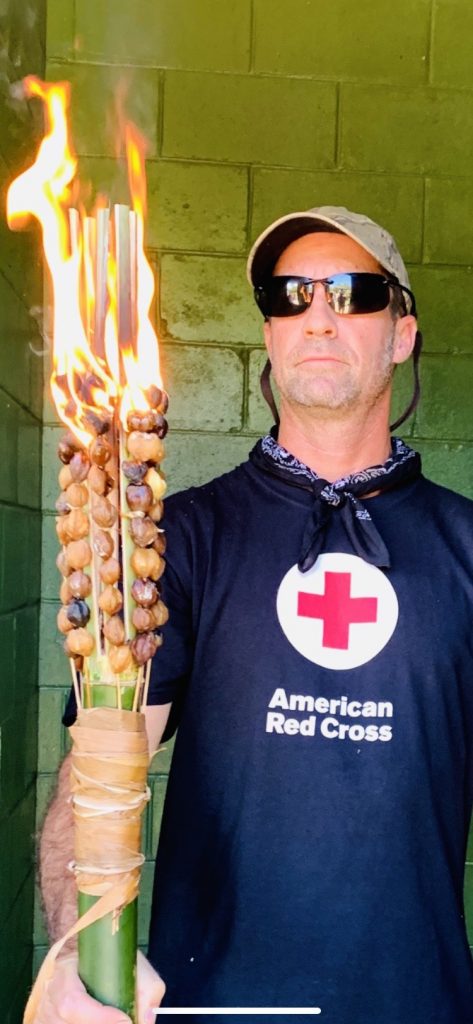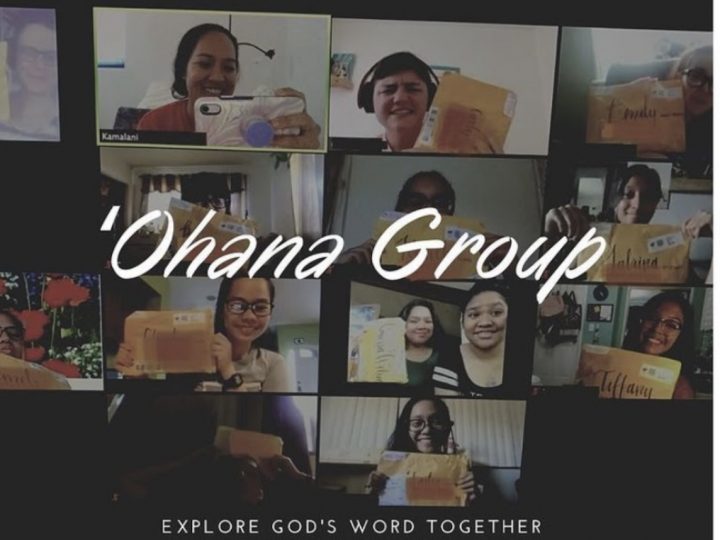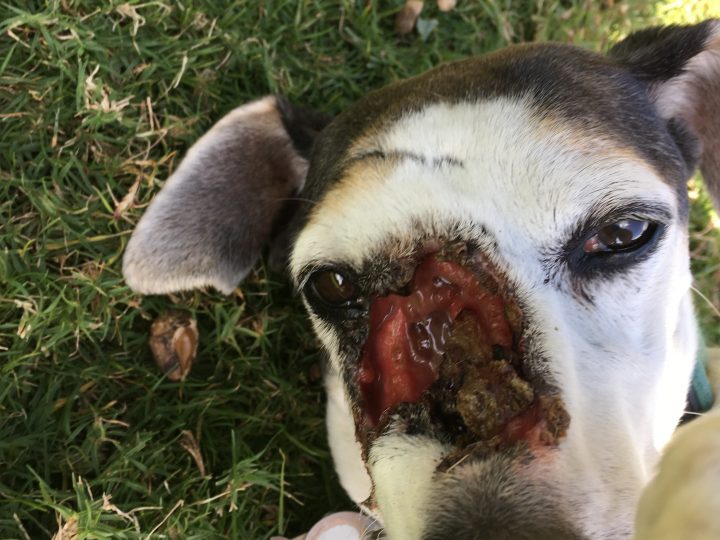
When I was in intermediate school, some friends and I were referred to a program for troubled youth. Yes indeed, we were youth of the troubled kind- disruptive, feisty, and insubordinate. We met with a young man in front of the office who would later become highly regarded in our eyes as a teacher, mentor, and guidance counselor. This man would take us and others like us on myth-fueled island-styled adventures and community service projects through Maui’s many sacred landscapes. He called this program The Maui Hero Project.

Loren Lapow is the founding director of the Maui Hero Project which, at present, is hosted at the Pa’ia Youth & Cultural Center. I recently met Loren there for an interview in which I chose to highlight him as a unique and inspirational individual who exhibits the spirit of Aloha within our Maui community. Although Loren was born and raised in Milwaukee, Wisconsin, the work he does here on Maui sparks rooted and lasting impacts in the lives of the youth he encounters.
Loren accredits his uncle Frank for instilling a sense of adventure in him. Frank was an avid, world traveler and environmental engineer who took Loren whitewater rafting, backpacking, and on all kinds of environmental adventures.
“He was my hero. He died at age 47, almost the same age as I am now. He said to me ‘Loren don’t ever think that your wise enough to know everything about everything while sitting in your own little corner of the world.’ He would reference Mark Twain, ‘You gotta get out and see places, how other people do other things. What seems strange to you will awaken your mind to other possibilities’,” he recalled.
Uncle Frank passed away while Loren was finishing graduate school and piloting the program he envisioned on Maui. As part of his internship, he ran three, 8-eight-week cycles and youth graduations. He laughed and reminisced on the lack of technology available during those times.
“For graduation we used a boom box, a mixed tape for the music and a slide projector! This was way before power point and video. The Maui Hero project is currently celebrating its 20th anniversary, and its 60th graduating class of young heroes and heroines. We became a national ‘best practice’ in 2014 and the program was replicated across country. Various tribal reservations and school districts unfolded their own local heroes stories. So, the mission of the Maui Hero Project is largely the same as it was twenty years ago- to help modern day kids experience a deep, rich connection to themselves, each other and the planet by cultivating an awareness of traditional cultural practices.”

“Each one of us has this ‘journey of a lifetime’ and my mission is to awaken people to their mission. The way that we do that is to encourage them to find their gifts.” Loren’s method examines cultural mythology as a paralleled way for youth to engage in and navigate their own personal inner journey of self-discovery full of triumphs and challenges.
I thought about my own personal youth experience with Loren 20 years ago. Now that I’m 31, I realize that his method of using our cultural myths as a way to integrate character-building was a significant component that made lasting impacts in my growth. Sitting here with him today, I’m thankful for an experience that I still reflect on and learn from years later.

About 5 years ago, the adventure-based rites of passage program evolved into a vocational training and disaster preparedness response format, officially called a Cultural Emergency Response Team (CERT). Loren believes that observing elder cultural practices such as those of Native Hawaiians, serve as the best example of how environmental sustainability, food sovereignty, resource management, and the ‘social response’ to a disaster (hurricane, tsunami, pandemic, etc.) bring forth a heroic shift in modern culture, from on of material indulgence to an experience of connectivity.

Loren’s goals are to bring disaster preparedness to local schools and to develop social capital among young people. To create a strong capacity in youth to promote change in their communities, and more specifically to help protect and restore hazard affected cultural sites through community service projects.
“The best way to prepare for a future disaster is to address the one that has already happened, for example at places such as Iao Valley State Park affected by flooding in 2016 and the Ko I’e I’e fishpond in Kihei in 2011. A disaster preparedness class in every school in Maui county is my number one goal. Our graduate base has now gone on to start the first Junior Red Cross Club here on Maui as a way for young people to learn to prepare themselves in times of emergencies. The graduates are beginning to self-organize and decide what projects they will focus on. Preparing the homeless population for a disaster is on the top of their list.”


Loren Lapow continues his humble mission. He is driven by a deep passion for the island and its people and thus he pours aloha and a zest for adventure into every youth who registers with his program. He sees them through to the end and encourages them to overcome by facilitating transformation from victim/villain mentality to that of Hero. He is truly a man of value within our community.
To learn more about his program go to https://www.pyccmaui.org/maui-hero-project
Comment (1)
-
Nicely written





